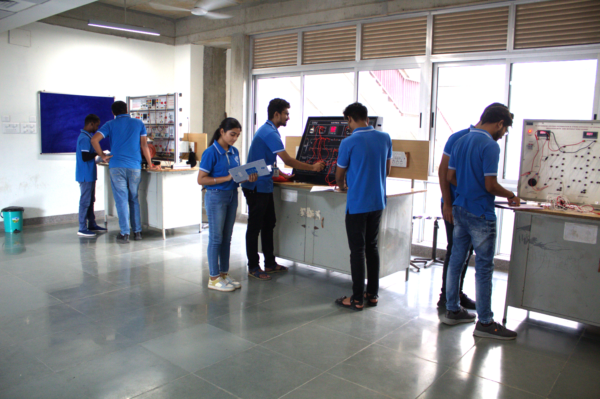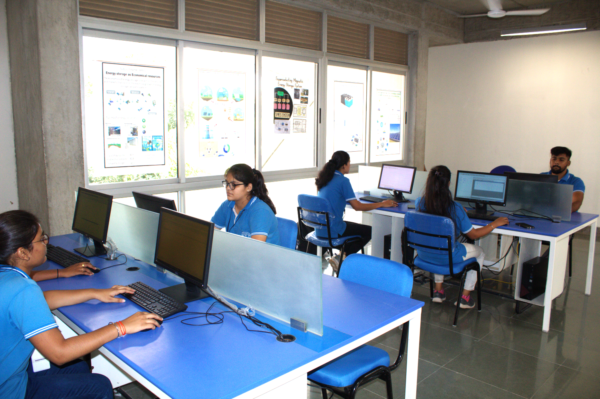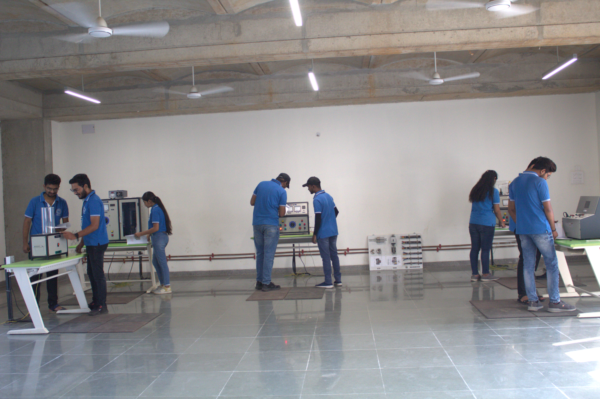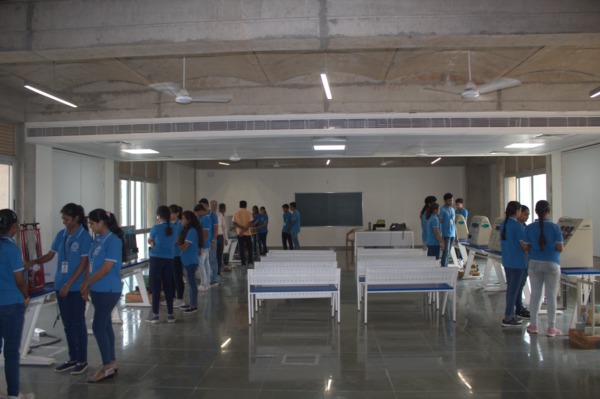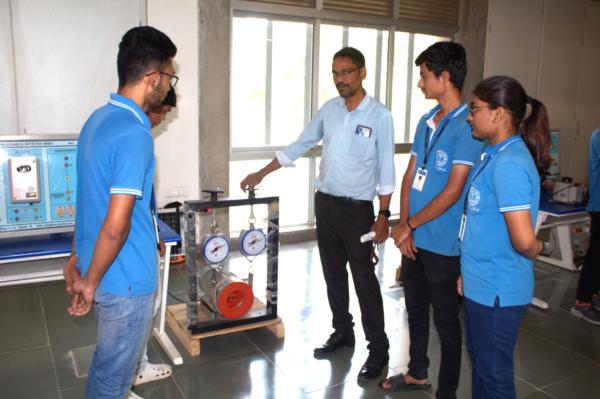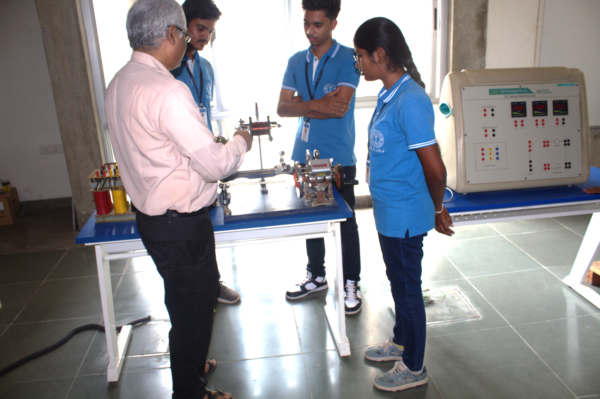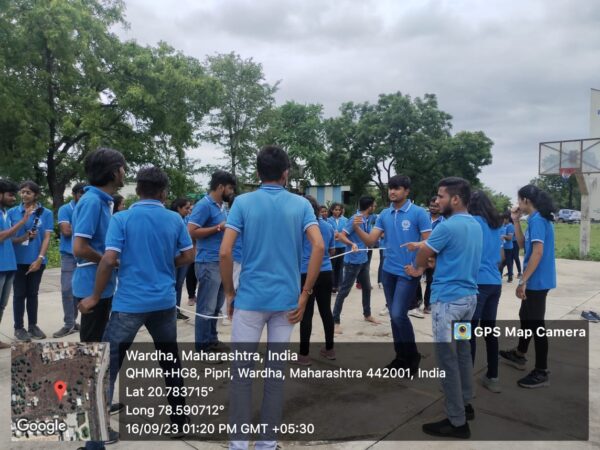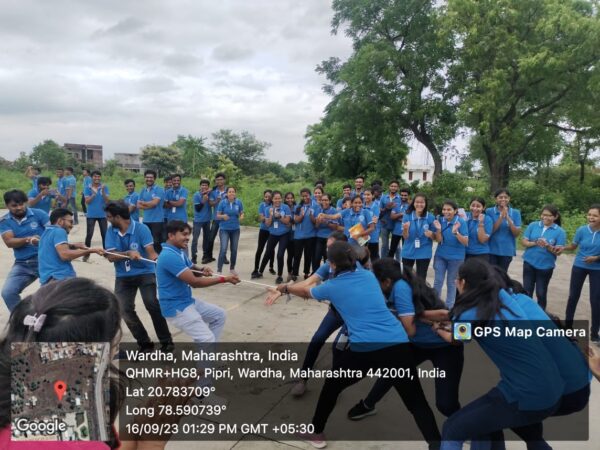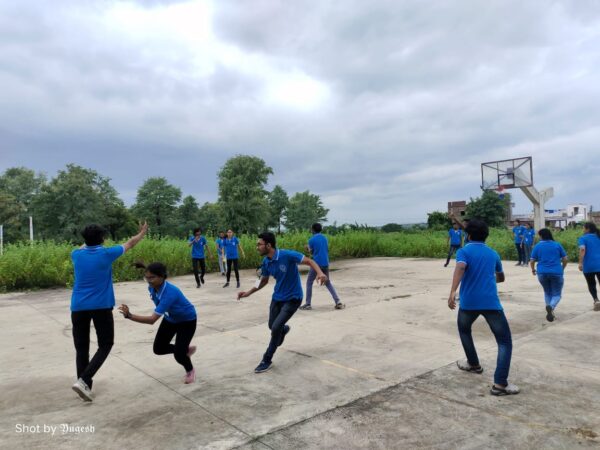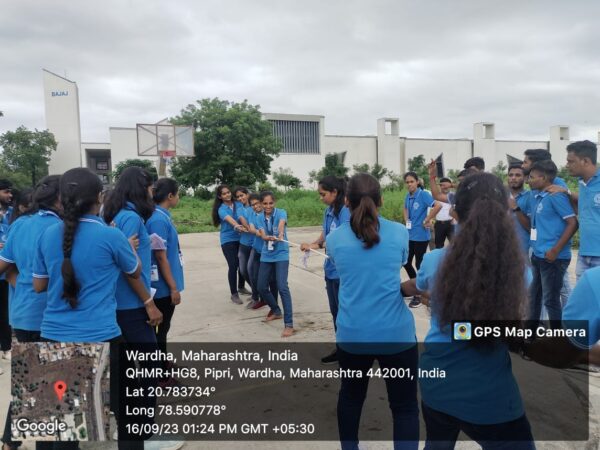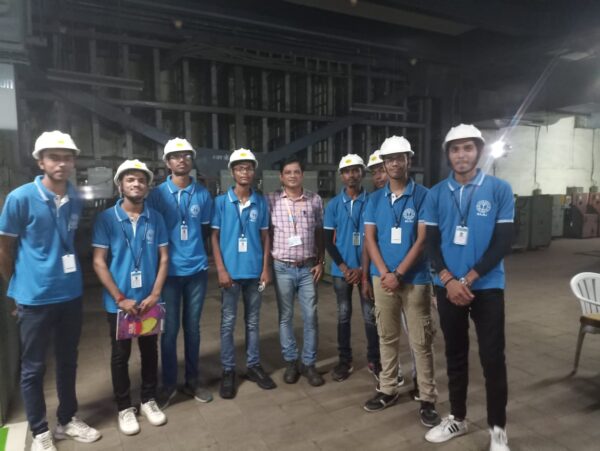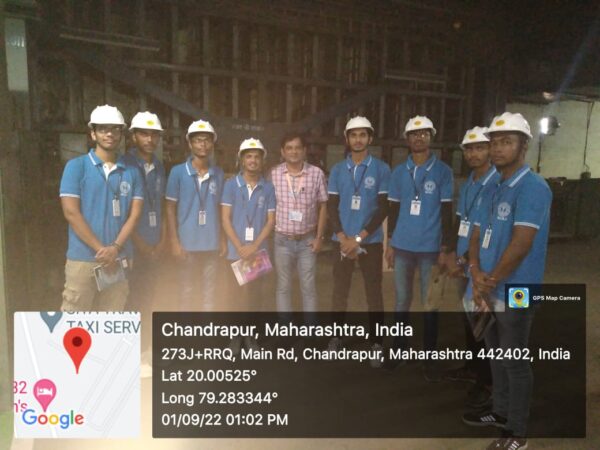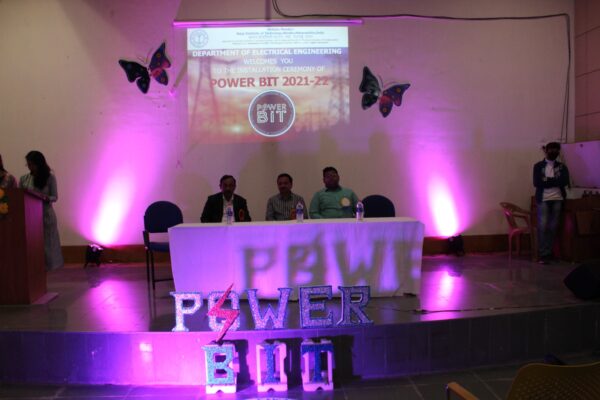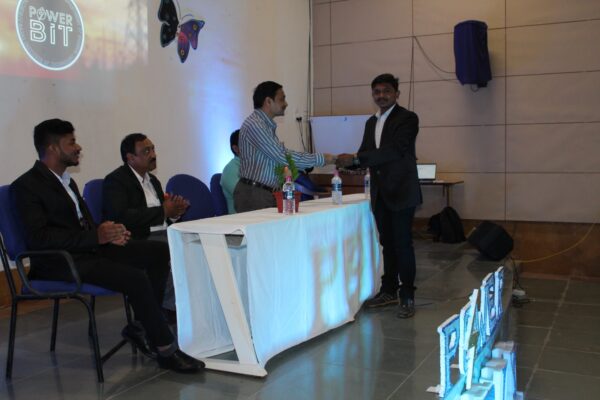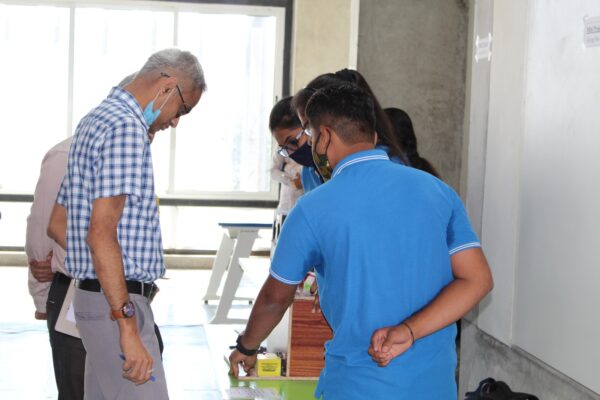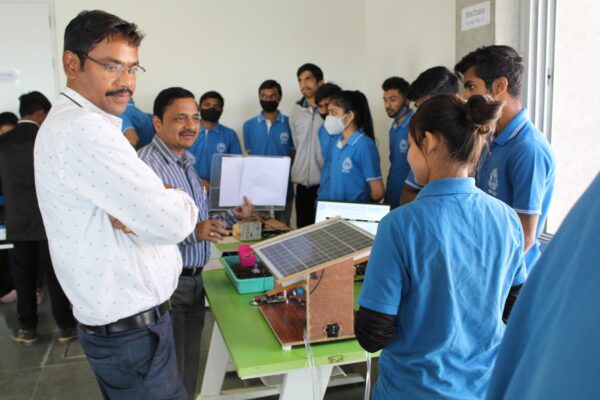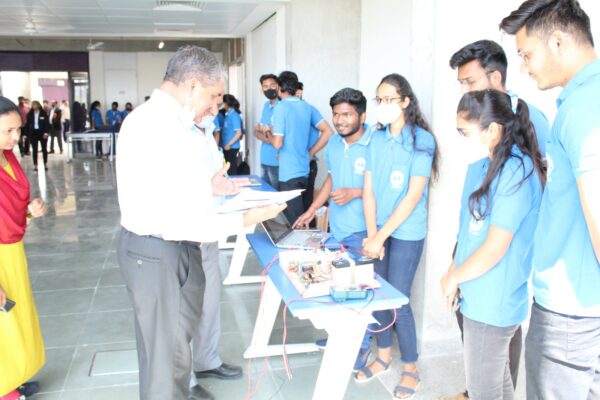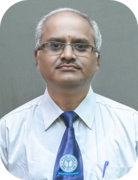- principal@bitwardha.ac.in
- 07152-295473
- DTE CODE: 4649
The department has well-equipped laboratories in the fields of Electrical Power Systems, Control Systems, Electrical Machines, Drives, High Voltage, Measurements and Instrumentation. It also has Electronics applications laboratories such as Basic Electronics,Digital Circuits, Microprocessors, Solid State Devices with a lot of scope for learning and experimenting. For students projects pupose, many electrical and electronic devices are available. Research facility on supercapacitors and electric cars have also been developed. The department also has the latest computational facilities required for advanced simulations. The curriculum is balanced with core electrical engineering courses and applications of electronics engineering.
| Sr. No. | Title | In-take |
|---|---|---|
| 1 | B. Tech. Electrical Engineering | 60 |
.
| Outcome Identifier | Outcomes |
|---|---|
| PO 1 | Engineering knowledge: apply the knowledge of mathematics, science, engineering fundamentals, and an engineering specialization to the solution of complex engineering problems. |
| PO 2 | Problem analysis: identify, formulate, review research literature, and analyze complex engineering problems reaching substantiated conclusions using first principles of mathematics, natural sciences, and engineering sciences. |
| PO 3 | Design/development of solutions: design solutions for complex engineering problems and design system components or processes that meet the specified needs with appropriate consideration for the public health and safety, and the cultural, societal, and environmental considerations. |
| PO 4 | Conduct investigations of complex problems: use research-based knowledge and research methods including design of experiments, analysis and interpretation of data, and synthesis of the information to provide valid conclusions. |
| PO 5 | Modern tool usage: create, select, and apply appropriate techniques, resources, and modern engineering and it tools including prediction and modeling to complex engineering activities with an understanding of the limitations. |
| PO 6 | The engineer and society: apply reasoning informed by the contextual knowledge to assess societal, health, safety, legal and cultural issues and the consequent responsibilities relevant to the professional engineering practice. |
| PO 7 | Environment and sustainability: understand the impact of the professional engineering solutions in societal and environmental contexts, and demonstrate the knowledge of, and need for sustainable development. |
| PO 8 | Ethics:apply ethical principles and commit to professional ethics and responsibilities and norms of the engineering practice. |
| PO 9 | Individual and team work: function effectively as an individual, and as a member or leader in diverse teams, and in multidisciplinary settings. |
| PO 10 | Communication: communicate effectively on complex engineering activities with the engineering community and with society at large, such as, being able to comprehend and write effective reports and design documentation, make effective presentations, and give and receive clear instructions. |
| PO 11 | Project management and finance: demonstrate knowledge and understanding of the engineering and management principles and apply these to one’s own work, as a member and leader in a team, to manage projects and in multidisciplinary environments. |
| PO12 | Life-long learning: recognize the need for, and have the preparation and ability to engage in independent and life-long learning in the broadest context of technological change. |
| Objective Identifier | Objectives |
|---|---|
| PEO 1 | To equip graduates with a strong foundation in engineering sciences and electrical engineering fundamentals to become effective collaborators, researchers and real-time problem solver with technical competencies. |
| PEO 2 | Perceive the limitation and impact of engineering solutions in social, legal, environmental, economical and multidisciplinary contexts. |
| PEO 3 | Excel in industry/technical profession, higher studies, and entrepreneurship exhibiting global competitiveness. |
| Specific Outcome Identifier | Specific Outcomese |
|---|---|
| PSO1 | Apply the knowledge of electrical engineering to identify & analyze the complex problems and provide viable solutions |
| PSO2 | Engage in electrical engineering practices leading to sustainable development of the society with a concern for the environment. |
| PSO3 | Practice ethical behavior in multidisciplinary environment for technological advancement. |
